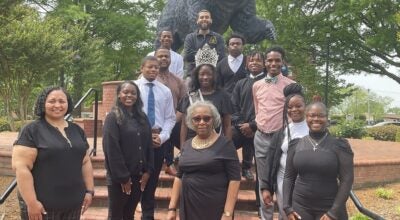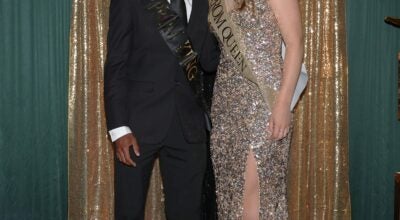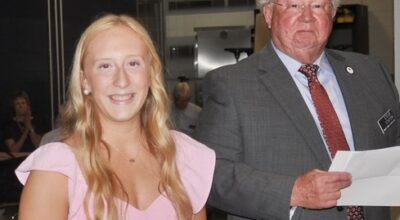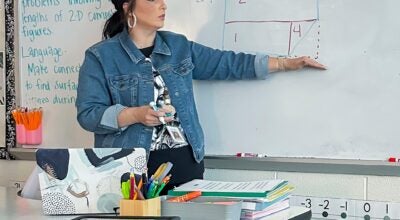Rebecca Rider column: Works cited
Published 12:00 am Thursday, April 21, 2016
I wrote my first research paper when I was a high school freshman. My history and English teachers banded together to ease the entire class – all 60 of us – into what I consider to be the most miserable task any student can be asked to complete.
They did not do a very good job of it. Now, I enjoyed both of those classes, and I liked both teachers. But as far as I was concerned, this is the one area where they failed. Miserably.
They explained the project well enough – a five page paper on a historical figure or event of our choice. But they did not properly explain sourcing. Don’t use Wikipedia, they said, use published resources. They gave us a quick rundown of MLA citations – my first introduction to a works cited page – and set us loose in the library.
I failed the assignment, as did most of the freshman class. When I got my paper back at the end of the quarter, it was covered in red marks and questions of, “source?” We had a class meeting, cramming into an old lab room early one morning, while the two teachers stood in front of the blackboard and walked us all, carefully and clearly, through sourcing.
I think, after so many years in academia, where research papers are common, they’d forgotten that sourcing information is something you need to learn. Ten years and a few dozen research papers later, I find myself forgetting the same thing.
Sourcing has become second nature, and is, in some ways, my job description. When I’m trying to ensure all my information is accurate, sometimes I step back and think how strange it is – that it’s important to get the facts right, not just to make sure that people are informed, but because this thing that I’m writing, small though it is, will become a source itself. Though I don’t think anyone will use it for papers.
In future sourcing discussions, my teachers would talk about primary sources – people who were there, who saw or who studied. I was told at the time that it was rare to have access to a primary source. That may be true of research papers, but it’s something I get to do every day.
It’s exhilarating, but it also involves a lot of work. Every time I interview someone, I have to make sure their information is accurate. Did this person witness an event themselves, or did they hear it second – or even third – hand? If they paraphrase someone else’s words, I have to call that person to confirm the quote – the childhood game of telephone holds true in the adult world, as well.
If I read something on social media, I have to call and confirm it – unless it’s an opinion. If I’m interviewing an expert I need to find out who they are, who they work for and how long they’ve been at their job. In essence, I need to know that they’re reliable and knowledgeable enough to know what they’re talking about.
I don’t always get it right. It’s a learning experience, and I’ve made some mistakes. But I like to think back to that first paper, and it’s bright red “Source?” and know I’ve at least learned that lesson.
Contact education reporter Rebecca Rider at rebecca.rider@salisburypost.com or 704-797-4264.





